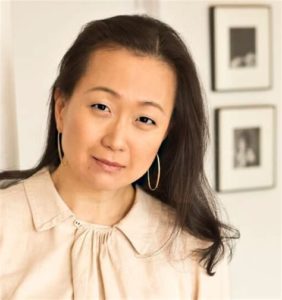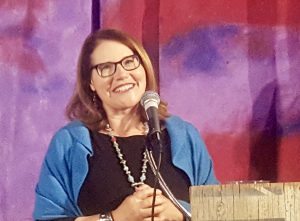Literary Festivals
Talking with Min Jin Lee
Over this past week, I’ve been immersed in Pachinko. To be specific, I had the fortunate assignment to read Min Jin Lee’s masterful novel Pachinko, which is a family saga about the world of Koreans living in Japan. I’ve always loved the sprawling social novels of the 19th century – Charles Dickens’ Oliver Twist and…
Read MoreFinding Your Literary Community
At this year’s annual gathering of the Community of Writers, I was honored to give the opening talk. Here are my remarks. *** I’m so happy to be here… to help celebrate the rollicking and generous spirit that has infused our Community all these years. How many first-timers are here today? Raise your hands… …
Read MoreGuidebooks to Sin
At opening night of the 2017 Tennessee Williams Festival in New Orleans, I met a librarian who also happens to be a champion ham kicker. She shimmied her way onto the stage of Le Petit Theatre du Vieux Carre in New Orleans in a sparkly black top and full-length skirt. Channeling the spirit of one…
Read More

